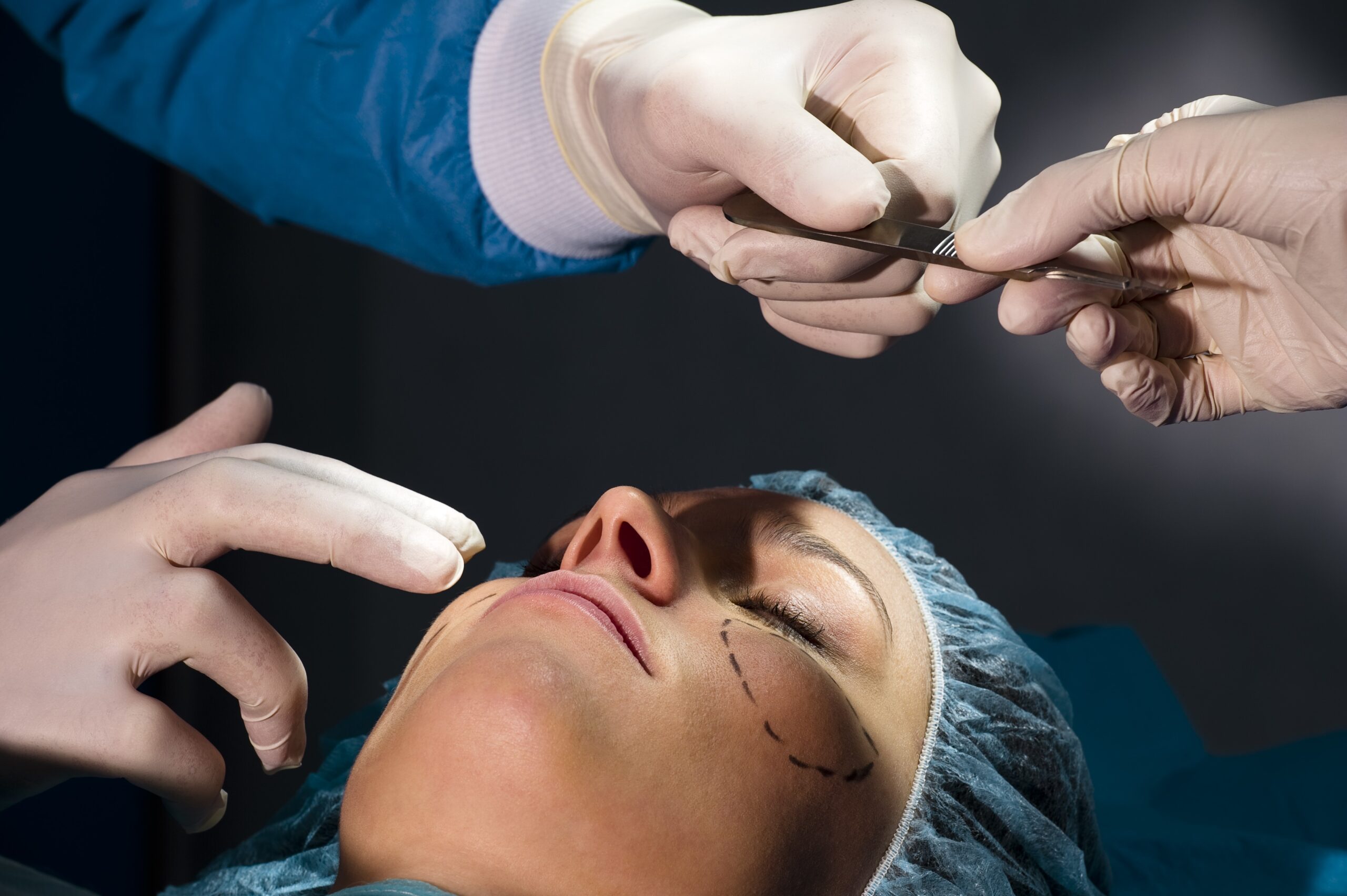Russell Bates died after a series of healthcare failures by medical and nursing staff at Logan Hospital, Queensland including early misdiagnosis, delayed treatment, and eventually the catastrophic decline in his health.
76-year-old Mr Bates presented to Logan Hospital on 30 December 2013 after blacking out. Given huge delays at the hospital as the result of staff shortages and ambulance ramping Mr Bates spent 7 hours in the hospital corridor waiting for a bed and treatment.
After 10 days in the hospital and gradual deterioration, he was admitted to the ICU with hospital-acquired pneumonia and ultimately diagnosed with sepsis and a perforated bowel.
All the while his family had been pleading with hospital staff to carry out our diagnostic tests to determine the cause of his deterioration. After his admission to the ICU, he was taken for emergency surgery but two days later, his family had to decide to turn off his life support.
This case exemplifies the devastating consequences of systemic failure in our health system, staff shortages and under-resourcing.
Medical negligence, defined as a breach of the duty of care by healthcare providers leading to patient harm, is a complex legal area. The legal framework in Australia provides mechanisms for victims of medical negligence and their families to seek compensation and hold healthcare providers accountable.
The legal process involves establishing that the healthcare provider owed a duty of care, that the duty was breached, and that the breach directly caused harm. Cases like Bates’ serve as a critical reminder of why such legal pathways are essential for maintaining trust and integrity within the healthcare system.
For legal professionals and firms specialising in medical negligence, Mr Bates’ story reinforces the importance of their work in advocating for victims and striving for a healthcare system where patient safety and quality care are paramount.
It highlights the necessity of rigorous legal scrutiny and the pursuit of justice for those wronged by the system.
If you, or someone you know has been a victim or suffered loss because of poor medical advice please contact us today. You can click here to book an appointment or call us on (02) 4050 0330 to book a no-obligation consultation.










